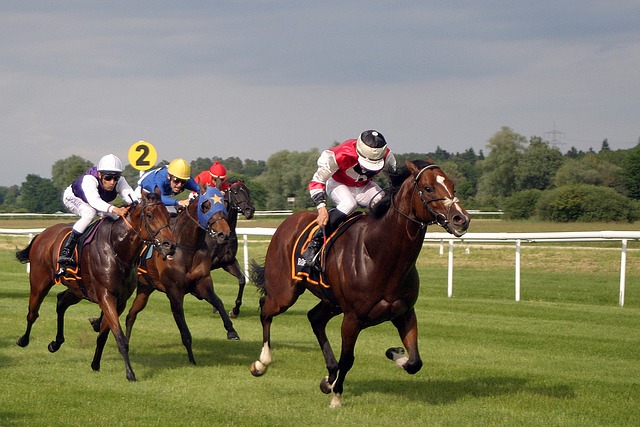In Hollywood, betting isn’t just a plot point; it’s a character itself. Iconic films like “Casino,” “Rounders,” and “The Sting” have immortalized the thrill and drama of betting on the big screen. These movies use betting as a powerful storytelling tool, creating suspense, tension, and excitement for audiences. Before you get into the details, make… Continue reading Betting in Movies: Hollywood’s Love Affair with Gambling
Deep Dive into ‘Blackjack Switch’: Tactics for Turning the Odds in Your Favor
Blackjack Switch, a variant of the classic blackjack game, is renowned for its unique twist on the traditional rules and its potential to level the playing field between the player and the house. Created by card counter Geoff Hall in 2009, this game allows players to do something unthinkable in the classic version: switch cards… Continue reading Deep Dive into ‘Blackjack Switch’: Tactics for Turning the Odds in Your Favor
The Most Interesting Slot Features
The freshness and innovations of our time can be felt most on slot machines. Below, we have collected a few key slot machine functions and their operating principle for you , which will surely help you understand the bonuses that sometimes seem twisted. Free Play – Free Spins Free Play is the most popular type… Continue reading The Most Interesting Slot Features
Ethical Considerations in the Gambling Industry
The gambling industry, with its promise of thrill and fortune, has been a prominent player in the global entertainment sector. Modern platforms, such as 22bet, have expanded the reach of gambling, bringing it into our homes and onto our devices. However, this ubiquity has also intensified the ethical considerations surrounding the industry. As gambling becomes… Continue reading Ethical Considerations in the Gambling Industry
Online Slots Misconceptions
Unfortunately, we experience with increasing frequency with the staff of DeluxeCasinoBonus that the beliefs and superstitions surrounding gambling, including online slot machines, are increasingly penetrating the human mind, wrongly! In our next article, we have collected for you the misconceptions that we most often hear spread by word of mouth among players. In any case,… Continue reading Online Slots Misconceptions
The Art of Card Counting: Is it Still Effective in Modern Casinos?
Card counting, a skill once associated with the legendary exploits of players like the infamous MIT Blackjack Team, has captured the imagination of gamblers and moviegoers alike. But in today’s modern casinos, is card counting still a viable strategy, or is it merely a relic of the past? Take a small break from gaming at… Continue reading The Art of Card Counting: Is it Still Effective in Modern Casinos?
What is the magic of online games?
Now you know everything about how online games, especially slot games, work, but we haven’t talked about what their popularity actually is . Well, while I’ve shown you what the online versions of these games can do, I’ve also mentioned a number of positive features, so probably, if you think about it, you can already… Continue reading What is the magic of online games?
The Best Applications for Spinning the Wheel Games
Spinning the wheel games have long captivated our imagination with their vibrant colors, the suspense of the HellSpin, and the allure of luck. From classic casino settings to casual mobile gaming, the wheel has made its mark across platforms. In the digital age, with the popularity of smartphones and tablets, there’s been a surge in… Continue reading The Best Applications for Spinning the Wheel Games
Bet on the underdog team!
Each weekend offers a lot of matches that look like paper forms. There are teams in the football market, such as Bayern Munich, Manchester City or Real Madrid. Opponents in the House of Commons usually have exceptionally high odds against them. Odds as high as 10.00 or even higher can occur. This can happen even… Continue reading Bet on the underdog team!
A-Listers and High Rollers: Celebrities Who Love to Play at Casinos
Casinos are places of glitz, glamor, and excitement. With their luxurious ambiance, high-stakes games, and the promise of fortunes, it’s no wonder that many are drawn to their magnetic appeal. Among those captivated by the allure of casinos are celebrities from various spheres of fame. Here’s a look at some A-listers who are known to… Continue reading A-Listers and High Rollers: Celebrities Who Love to Play at Casinos









